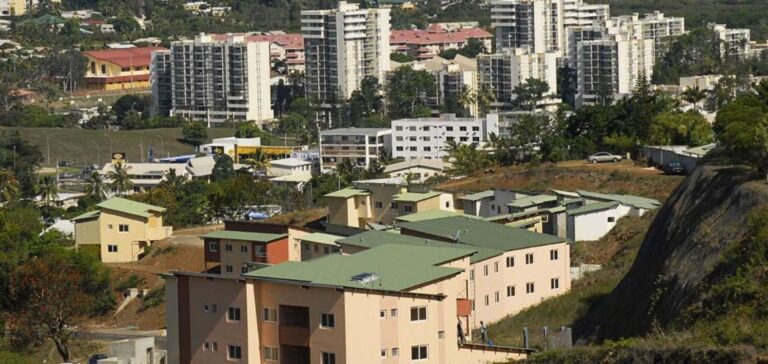The Congress of New Caledonia has withdrawn a proposed fuel tax that had aroused the ire of several employers’ organizations. This decision follows the receipt of a government order to withdraw the text, lifting the blockades of the archipelago’s fuel depots that had persisted for almost a week.
Employers’ organizations lift blockades
“Agissons Solidaires”, a collective of employers’ organizations and consular chambers, has been blocking fuel depots since March 21 in response to the proposed tax. Following the withdrawal of the bill, the blockades were immediately lifted, marking the end of the protest while expressing continued vigilance over New Caledonia’s economic situation.
Political background to the conflict
The situation quickly took on a political dimension, with calls for demonstrations against the pro-independence government led by Louis Mapou. The non-independence political groups, Loyalists and Rassemblement, criticize the current majority’s economic management of the territory, citing tax increases and the creation of new taxes.
Reactions and calls for demonstrations
In response to the cancellation of the fuel tax and growing political tensions, demonstrations are planned by both sides. Government supporters organized a counter-demonstration in support of Louis Mapou’s policy, highlighting the ideological and economic confrontation within New Caledonia.
The abandonment of the fuel tax project in New Caledonia demonstrates the strength of opposition from local businesses and raises questions about the territory’s future economic strategy. At a time of heightened political tensions, the community is looking for lasting solutions to ensure economic and political stability.






















